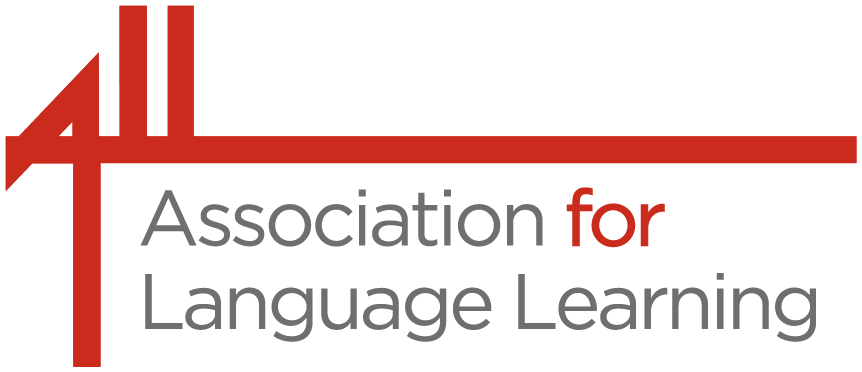New A Level and GCSE content
Education Secretary Michael Gove has now announced the publication of new A level and GCSE content to be taught from September 2015 and 2016 respectively. He also announced an additional set of GCSEs and A levels which will be reformed for first teaching from 2016.
"These GCSEs set higher expectations," said Mr Gove, "They demand more from all students and specifically provide further challenge to those aiming to achieve top grades."
A Level
New A level content will be taught from September 2015 for a number of subjects but languages are not in this initial list. The new languages A levels are due to be in place a year later (September 2016), so content for these qualifications will be reformed in due course.
GCSE
New GCSE content will be taught in schools from September 2016 for combined and single sciences, geography, history, and modern and ancient languages.
In modern languages, greater emphasis has been placed on speaking and writing in the foreign language, thorough understanding of grammar and translation of sentences and short texts from English into the language; and similarly in ancient languages, students will need to translate passages into English, and short English sentences into the ancient language
This new content can be found here, and in more detail using the following links:
• GCSE subject content for ancient languages
• GCSE subject content for modern foreign languages
Ofqual consultation: Reforming GCSEs in Modern foreign and Ancient languages
In parallel with the DfE publication of GCSE and A level subject content, Ofqual has announced that it will be consulting on reforms to GCSEs in modern foreign and ancient languages, and proposals for assessment arrangements in these subjects.
These documents can now be viewed on the Ofqual website.
Ofqual is encouraging responses by post, by email and online, and the closing date is Friday 23 May 2014.
So ALL would like to ask you to:
• respond as an individual to the consultation, and
• let us know your views to help us to put together our own ALL response.
Further information, news and comment:
Department for Education:
- Minister’s statement
- GCSE subject content for ancient languages
- GCSE subject content for modern foreign languages
BBC website:
